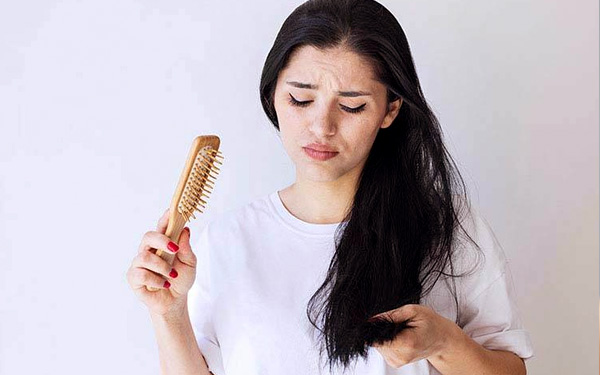Hair fall

Hair fall, also known as hair loss or alopecia, is a common condition that can affect individuals of all ages and genders. There are various causes of hair fall, and understanding the underlying reason is essential for effective treatment. Here are some key points about hair fall:
Types of Hair Loss:
- Androgenetic Alopecia
- Telogen Effluvium
- Alopecia Areata
- Traction Alopecia
- Scarring Alopecia
Common Causes:
- Genetics: A family history of hair loss can increase the risk of androgenetic alopecia.
- Hormonal Changes: Hormonal imbalances, such as those during pregnancy, menopause, or thyroid disorders, can contribute to hair loss.
- Stress: High levels of physical or emotional stress can trigger telogen effluvium.
- Nutritional Deficiencies: A lack of essential nutrients, particularly iron, vitamin D, and biotin, can lead to hair loss.
- Medical Conditions: Underlying medical conditions like alopecia areata, autoimmune diseases, or scalp infections can cause hair loss.
Treatment Options:
- Topical Treatments: Minoxidil (Rogaine) is an over-the-counter topical medication that can promote hair regrowth.
- Prescription Medications: Finasteride (Propecia) is a prescription medication for androgenetic alopecia in men. Hormone replacement therapy may be used for women with hormonal imbalances.
- Hair Transplantation: Surgical procedures, such as hair transplantation, can be considered for individuals with advanced hair loss.
- Lifestyle Changes: Eating a balanced diet, managing stress, avoiding tight hairstyles, and practicing good hair care can help prevent and manage hair loss.
Prevention:
- Topical Treatments: Minoxidil (Rogaine) is an over-the-counter topical medication that can promote hair regrowth.
- Healthy Diet: Eating a well-balanced diet rich in vitamins, minerals, and proteins is essential for healthy hair.
- Gentle Hair Care: Avoid harsh treatments, excessive heat, and tight hairstyles that can damage hair.
- Stress Management: Incorporate stress-reduction techniques into your daily routine, such as exercise, meditation, or yoga.
- Regular Check-ups: If you suspect an underlying medical condition, consult a healthcare provider for diagnosis and treatment.